How to market your career break, prepare your resume and incorporate your career break into interviews.
Before You Leave
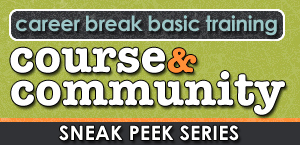 1. Choose your itinerary with some thought about coming back to the workforce. All of these ideas can be highlighted on a resume or in an interview with a little creative forethought. Travel can be about building skillsets, and soft skills which are valued in the workplace.
1. Choose your itinerary with some thought about coming back to the workforce. All of these ideas can be highlighted on a resume or in an interview with a little creative forethought. Travel can be about building skillsets, and soft skills which are valued in the workplace.
• Include volunteering
• Learn how to blog
• Sign up for and learn how to utilize social networks
• Improve a skill such as a foreign language, photography, business through microfinancing, sailing, or cooking.
• Include some countries on your itinerary based on cultures you interact with in the workplace currently. For example, does your company manufacture something in China, or do you outsource resources from India; then these could be great cultures to explore and learn more about on your career break.
2. Update your resume with your most recent work experience! This is crucial to do now before you start traveling and forget the details of what you used to do.
3. Contact your business contacts and let them know that you are leaving to travel and why you have chosen to do so. Let them know the additional skills you expect to gain while traveling and when you expect to return back to connect with them again on a professional level.
While On The Road
1. Periodically stay in contact with colleagues and provide them updates of your travels and experiences. This will keep those networking and communication ties open. This can be as simple as keeping a blog or sending out a monthly email to friends and colleagues recapping your experiences.
2. A few months before returning:
• Take stock of what you have learned and how you have changed. What soft skills have you gained.
• Updating your resume with some of your travel experiences.
• Reach out to your networks and let them know that you’ll be returning shortly and looking for employment.
• Start communicating with recruiters.
When You Return
1. Consider what your goal is:
• Do you want to return to the ‘Briefcase’ on the same career track?
• Do you want to return to the ‘Briefcase’ but on a different career track?
• Do you want to utilize your skills and talents to pursue freelance work?
• Do you want to pick up the ‘Backpack’ and never return to corporate?
This is not a quick, or easy decision to make. It often takes a lot of soul searching and potentially negotiating with a significant other. The main thing is to not force a decision if you don’t have an answer. If the answer isn’t coming to you, then simply dip your toe into all of the options, send out resumes, and see where it lands you.

2. Update Your Resume:
You don’t have to hide your career break, you should address it. You may want a number of versions of how you address it depending on the jobs you are applying for.
3. Prepare for Interviews:
Understand how your travels contribute to who you are. This may take some careful retrospection, however if you kept a blog or journal while traveling it may become a bit easier. Consider what you learned in the various countries and cultures you experienced and how would that apply to doing business internationally.
4. Have a Positive and Confident Attitude about your Career Break Experience:
One of the most important things to possess as you are working your way back into the workforce again is to have confidence in your ability to do so. If you don’t believe that your career break was beneficial and you are simply trying to create a sales pitch, then it won’t be as successful.
Be proud of the experience and include it on your LinkedIn profile and Facebook Timeline.
As you converse with future employers and network with colleagues, you must ooze confidence about your career break. No regrets!
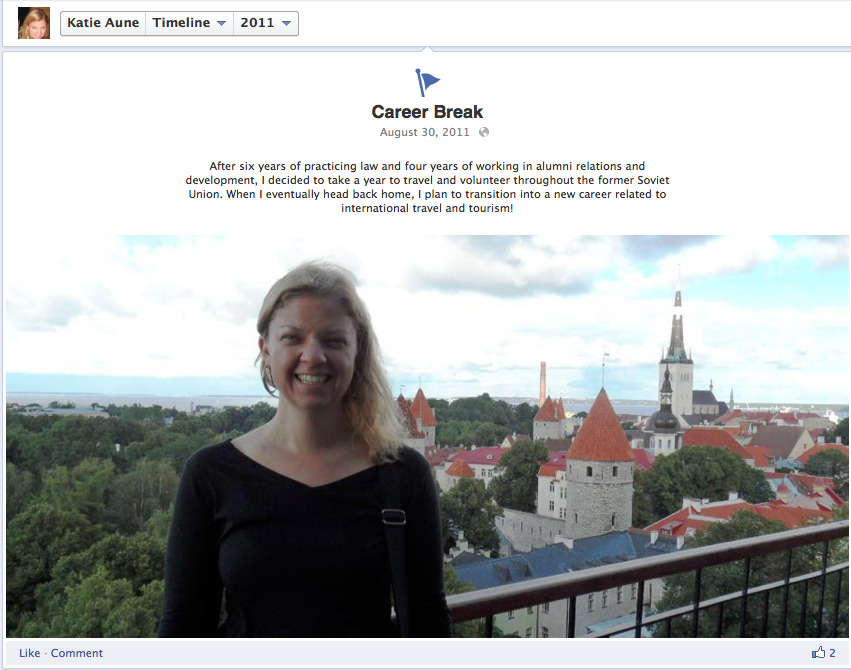
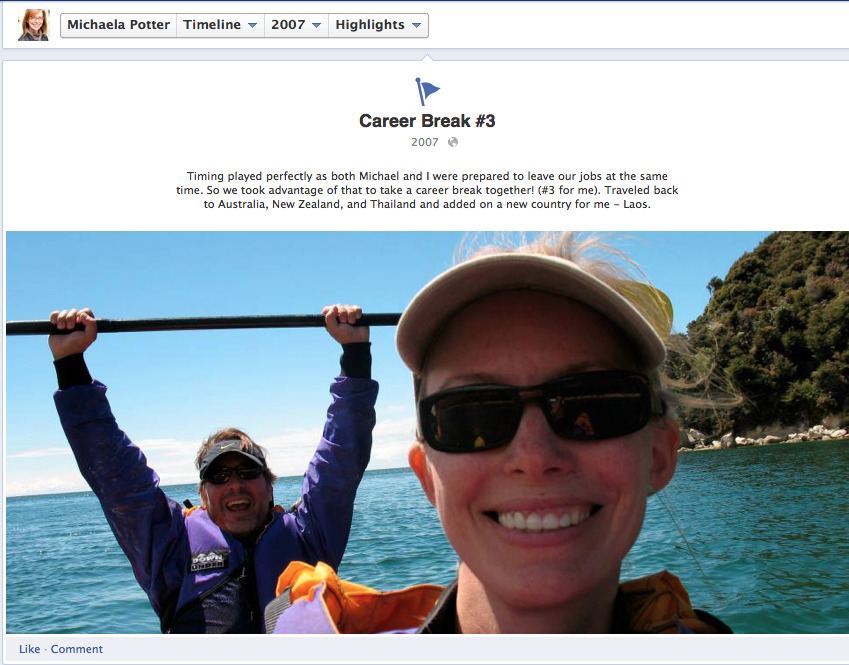
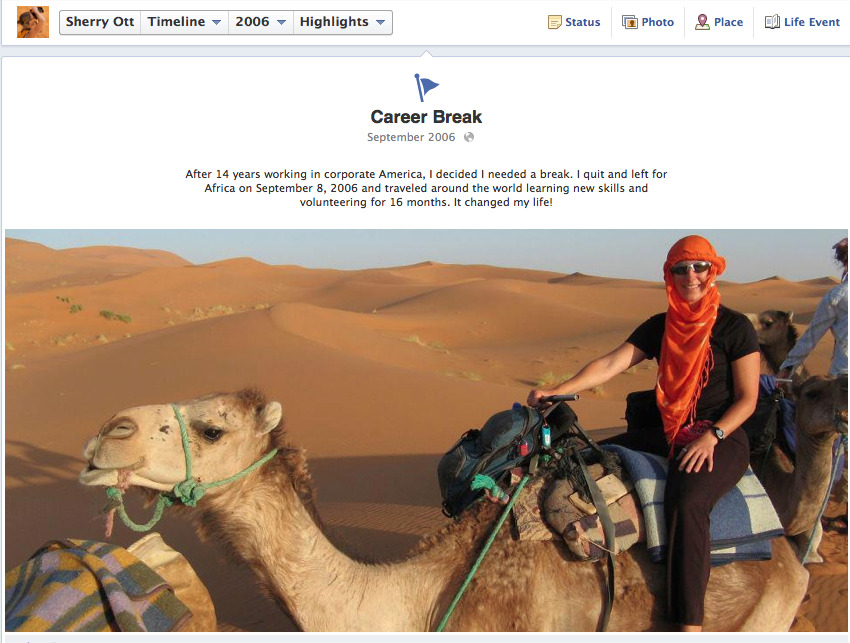
 Sometimes the most overwhelming part of the budget is figuring out where to begin. If you don’t already track your spending, then start now!
Sometimes the most overwhelming part of the budget is figuring out where to begin. If you don’t already track your spending, then start now! Once you get to the point where you are bringing in more than you are spending, then it’s time to go into saving mode. Open up a savings account somewhere. Research banks that offer high starting interest rates or specials for the first year. Any extra little bit helps. Then start paying that savings account, otherwise known as your career break travel fund, as you would your normal bills. Figure out how much you can start putting away each month, and pay it as soon you receive a paycheck.
Once you get to the point where you are bringing in more than you are spending, then it’s time to go into saving mode. Open up a savings account somewhere. Research banks that offer high starting interest rates or specials for the first year. Any extra little bit helps. Then start paying that savings account, otherwise known as your career break travel fund, as you would your normal bills. Figure out how much you can start putting away each month, and pay it as soon you receive a paycheck.
 Even though English is the one true international language, you will still have to get used to not ever really knowing what is being said around you in a foreign country. Sure, you can always find someone who speaks English if you have a question, however they will answer your question and then go back to speaking to their friends in their native language.
Even though English is the one true international language, you will still have to get used to not ever really knowing what is being said around you in a foreign country. Sure, you can always find someone who speaks English if you have a question, however they will answer your question and then go back to speaking to their friends in their native language. Make a one time outing to your local zoo…yes, the zoo. Go to the zoo and stare at the animals. Not a quick look…but a good long stare. Now put yourself in the animals’ position and see if you can hack it; someone staring at you for 5 minutes straight. Also consider what it might feel like when someone reaches out and strokes your arm because they want to touch your skin. The staring can be a real challenge to get used to, but with some practice you can learn to ignore the people staring at you; plus as an alternative, it’s acceptable to stare back!
Make a one time outing to your local zoo…yes, the zoo. Go to the zoo and stare at the animals. Not a quick look…but a good long stare. Now put yourself in the animals’ position and see if you can hack it; someone staring at you for 5 minutes straight. Also consider what it might feel like when someone reaches out and strokes your arm because they want to touch your skin. The staring can be a real challenge to get used to, but with some practice you can learn to ignore the people staring at you; plus as an alternative, it’s acceptable to stare back!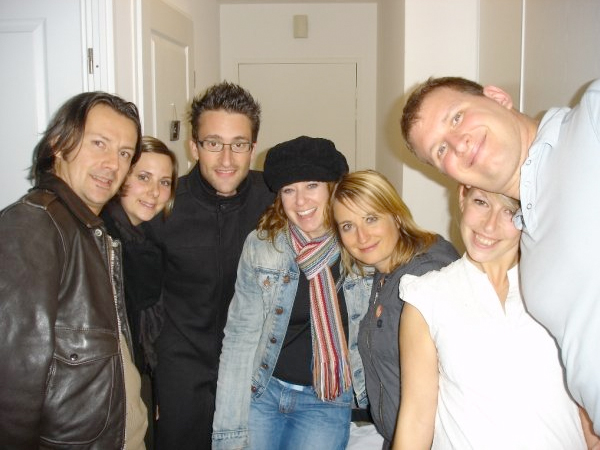
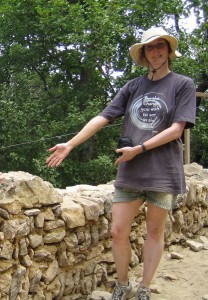 From Jane Stanfield of
From Jane Stanfield of  I spent three months during my year-long career-break volunteering at a local youth center in a small town in Ghana, and it was such an important part of my trip… probably THE most important! I highly recommend that you check it out, too.
I spent three months during my year-long career-break volunteering at a local youth center in a small town in Ghana, and it was such an important part of my trip… probably THE most important! I highly recommend that you check it out, too.








